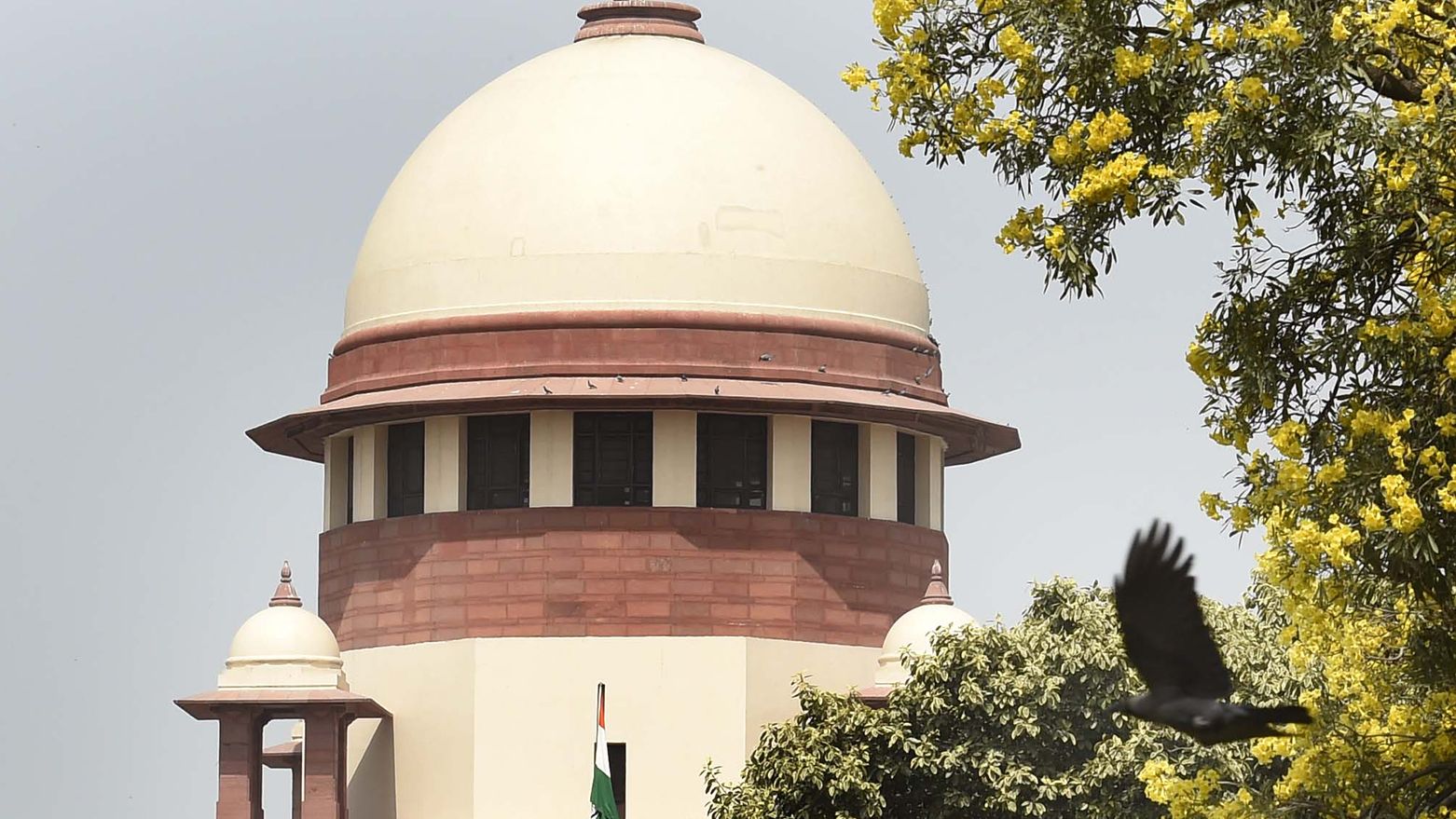Criminalizing marital rape would be “excessively harsh,” the Indian government has said, in a blow to campaigners ahead of a long-awaited Supreme Court decision that will affect hundreds of millions of people in India for generations.
In India, it is not considered rape if a man forces sex or sexual acts on his wife, as long as she is over 18, due to an exception in a British colonial-era law.
Most Western and common law jurisdictions have long since rectified this – Britain outlawed marital rape in 1991, for example, and it is illegal in all 50 US states.
But across the world, about 40 countries do not have legislation that addresses the issue of marital rape – and among those that do, the penalties for non-consensual sex within marriage are “significantly lower” than other rape cases, according to the United Nations Population Fund’s 2021 State of World Population review.



Now I fully agree that marital rape should definitely have the same repercussions as rape. However, the summary posted made me think initially that there was no protection for women against domestic violence in India at all.
After some googling, I found some more context
Tl;dr marital rape is illegal and can be prosecuted. But somehow the court thinks that the act of marriage changes the situation.